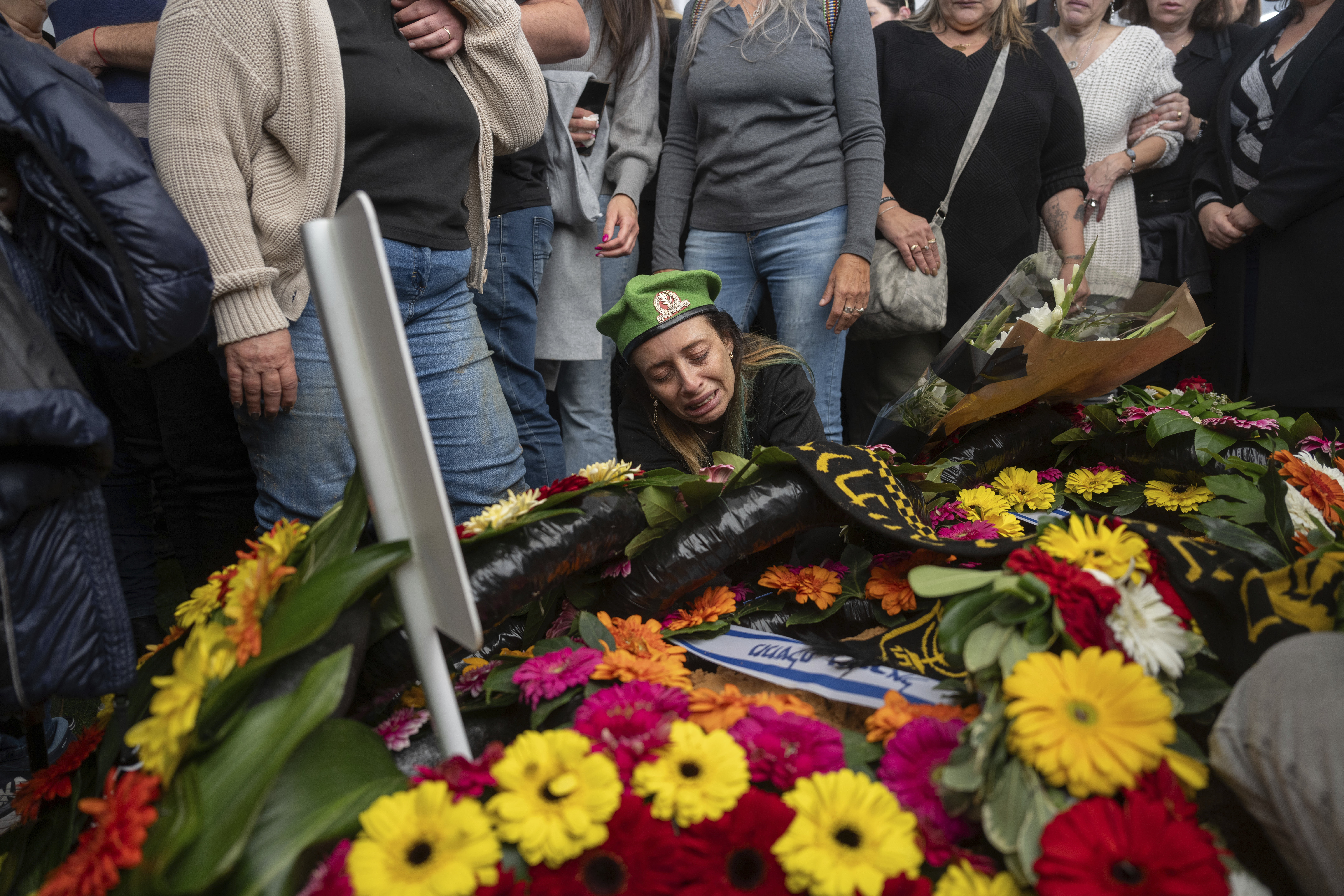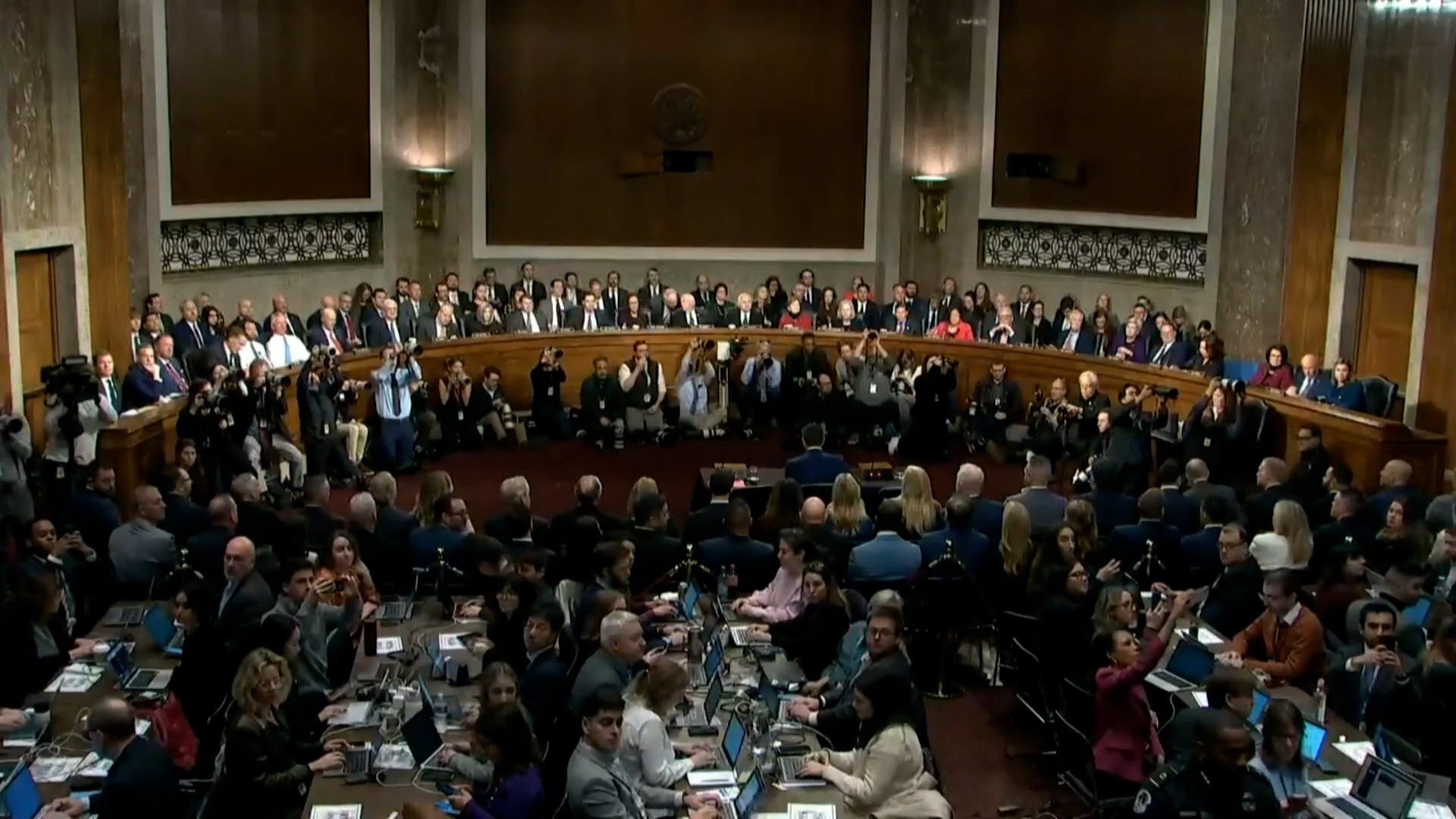After more than 15 months of war that has left Gaza in ruins, killed tens of thousands of people and made most of the enclave's population homeless, Palestinians were this week craving an end to fighting. But many had no idea what the future holds.
Like many Palestinians in the Gaza Strip on Tuesday, Muad Zakariy al-Kahlout was anxiously awaiting news of whether a ceasefire deal that would bring an end to more than a year of deadly fighting in the enclave would be confirmed.
“I used to have many plans for the day after the war,” al-Kahlout, a translator, told NBC News at the Nuseirat refugee camp in central Gaza. “But now, I really don’t know what to do.”
"I don't know what the day after they stop this war, how the day will look like," al-Kahlout told NBC News' crew on the ground in Gaza on Monday shortly after President Joe Biden said negotiators were “on the brink” of a truce.
Get top local stories in DFW delivered to you every morning. Sign up for NBC DFW's News Headlines newsletter.
Biden, who will leave office next week, said that his administration was "working urgently" to solidify a deal that would bring an end to the deadly fighting in Gaza and see the release of hostages held by Hamas. Israeli's military offensive in Gaza, launched after Hamas’ Oct. 7 terrorist attack which Israeli officials say killed 1,200 people, has now dragged on for more than 15 months and killed more than 46,500 in the enclave, according to local health authorities.
Officials told NBC News that negotiators made significant progress in recent days as they attempt to negotiate a truce. Both the Biden administration and the incoming Trump administration's Middle East envoy Steve Witkoff have been credited with advancing talks that had been deadlocked for more than a year.
For many in Gaza, including thousands of Palestinians killed and hostages who have died in Hamas' captivity, any ceasefire deal now will come too late. "We have lost too many," al-Kahlout said. "It’s really important to stop this bloodshed."
Several countries have launched a case against Israel at the International Court of Justice, accusing it of committing genocide in Gaza. Both Israeli and U.S. officials have vehemently denied the charge.
Under the current ceasefire proposal, the first hostages held by Hamas would be released 48 hours after a ceasefire is announced and in place, U.S. officials have told NBC News. Meanwhile, Israeli troops would withdraw from populated areas of Gaza to the Israeli border, with desperately needed aid also expected to flow into Gaza.
Even if the fighting ends, though, the toll of the war will be felt in the enclave for years to come. Much of Gaza's infrastructure has been destroyed and, while tens of thousands have been killed there, thousands more have suffered life-altering injuries.
Speaking with NBC News' crew on the ground in Nuseirat, surrounded by rubble, Hassan Sharif said he was unlikely to have much to return to once the war ends, having been displaced from Rafah, "which is now nothing but a collection of massive destruction." "I have nothing to do but stay optimistic about the current negotiation round for the ceasefire," said Sharif, who said that he was studying at the University of Palestine before the war and had hoped to become a clinical pharmacist.
"The first thing that I'm going to do when the war ends is to start to look for my life again," he said. "To replan my future."
This story first appeared on NBCNews.com. More from NBC News:



